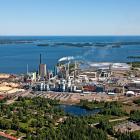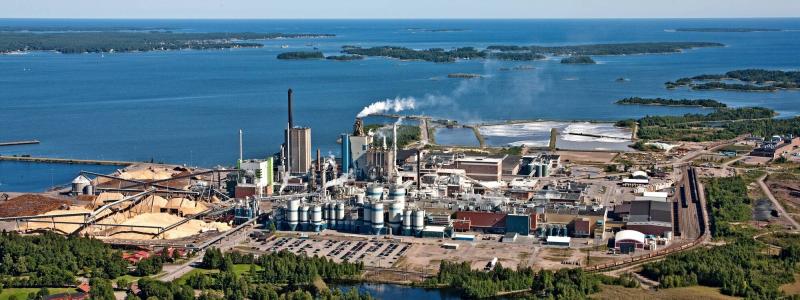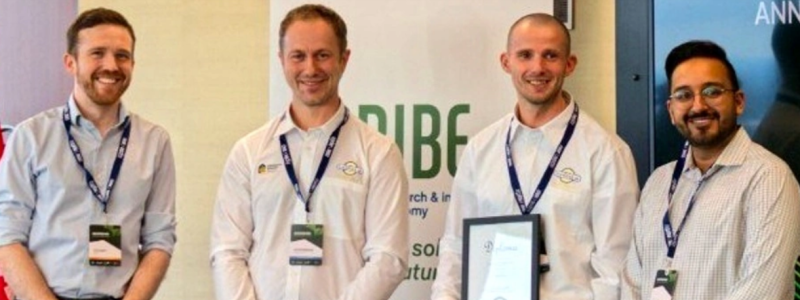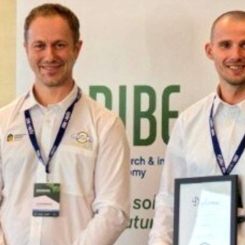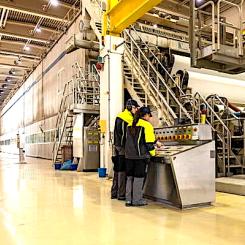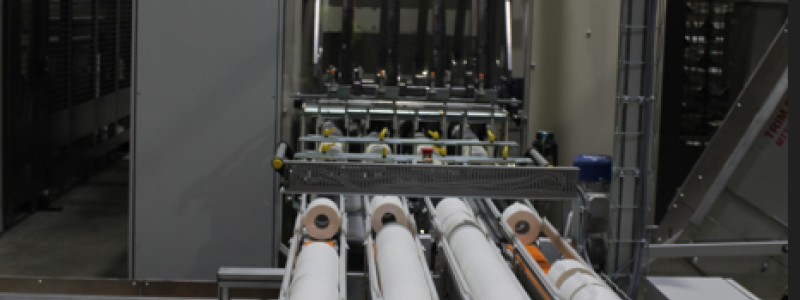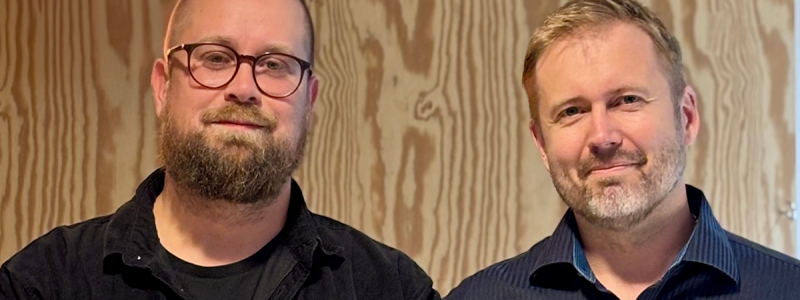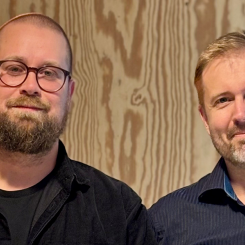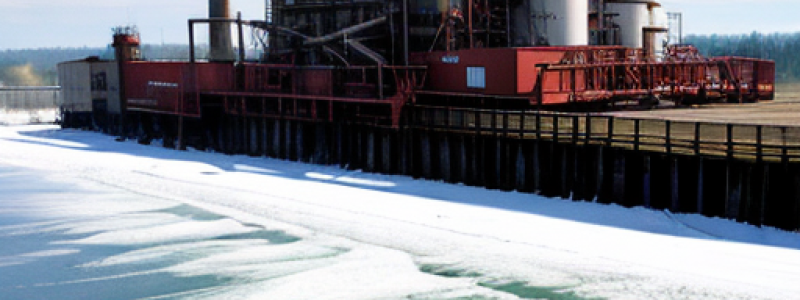At the World Forest Summit in Stockholm on 20 March, the Forest Stewardship Council (FSC) challenged the European Commission to recognize the role of certification in European forests and its potential to contribute to the fight against the illegal timber trade.
During the opening panel, FSC’s Chief Advocacy Officer John Hontelez confronted Environment Commissioner Janez Potocnik about the absence of forest certification from the new European Union (EU) Forest Strategy, even though two thirds of productive forests in the EU are certified. He also proposed that the Commission should, in its first review of the EU Timber Regulation, consider accepting credible voluntary certification schemes as evidence of legality. He referred to the Renewable Energy Directive of 2009, which gives the Commission the mandate to evaluate and recognize voluntary certification schemes for sustainable biofuels, as a precedent.
Hontelez commended Potocnik for his lead role in defining the Aichi Targets of the Biodiversity Convention in 2010. Although these are ambitious in terms of reducing deforestation and forest degradation, ensuring sustainable management of forests and restoring 15 per cent of degraded ecosystems, Hontelez expressed concern that they lack sufficient political profile. He warned against weakening the Aichi Targets in the process of defining the new Sustainable Development Goals that is currently under way at the United Nations.
The panel addressed the threat of unsustainable increase of demand for biomass for energy production. Hontelez explained that this perspective has led FSC to specifically recognize carbon stocks as part of forest ecosystem services and environmental values that need to be protected. This recognition has been laid down in FSC’s revised principles and criteria, adopted in 2012, and is now being translated into specific indicators that will guide forest management in FSC certified areas in the future.


